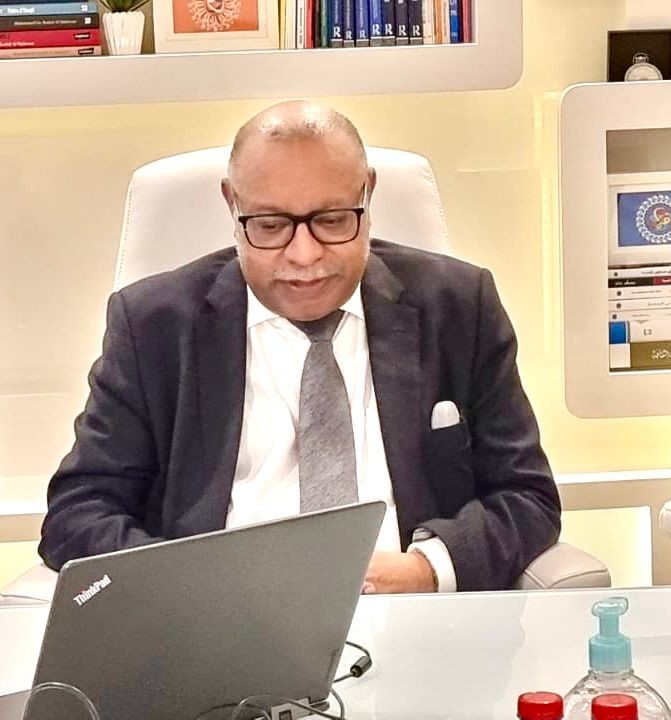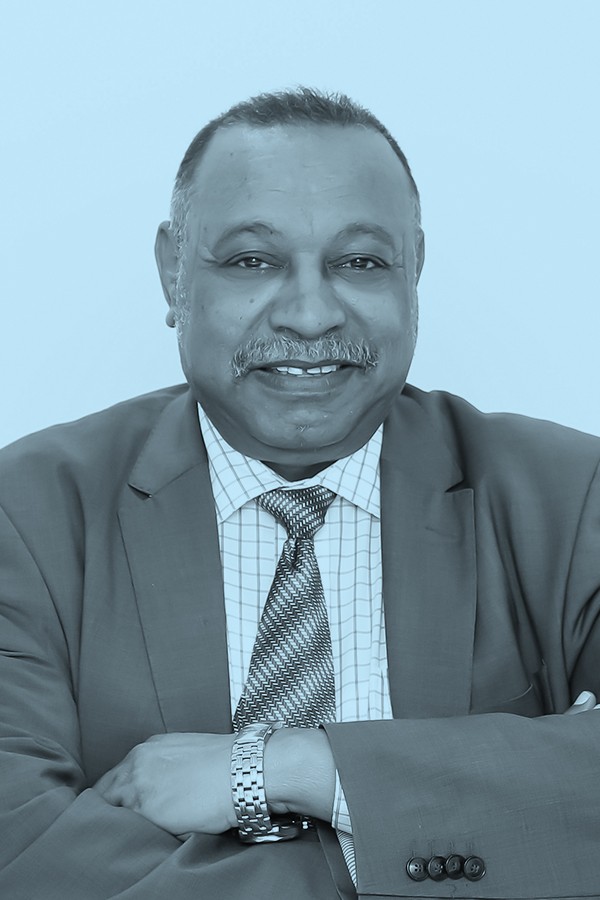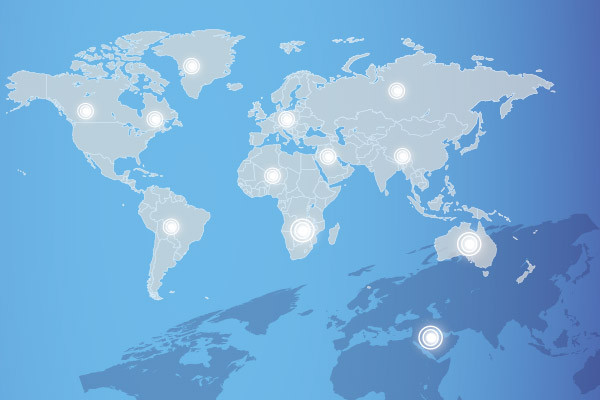India and UAE to utilize local currency trading and linked payment systems.
India and the UAE have agreed to trade using their local currencies and promote domestic payment networks, a move aimed at reducing reliance on the US dollar-based SWIFT system. This decision is partly a reaction to perceived Western dominance in financial transactions and concerns over sanctions, stimulated by the sanctions placed on Russia. The change is not expected to impact Indian expatriates in the UAE transferring funds to India.

- by Dr.Ibrahim Karsany ,
- Friday, 28th July, 2023
Impact of India-UAE Local Currency Trade Agreement on Indian Expatriates
In recent months, several countries have been forging agreements to shift from the US dollar and conduct trade using their local currencies. One such significant agreement has been established between India and the UAE, aiming to promote local currency trade and domestic payment networks. Dr. Ibrahim Kursany, the Economic Consultant of Dubai Public Policy Centre (b'huth), sheds light on the implications of this agreement on Indian expatriates and its potential impact on their lives and families back home.
How does SWIFT govern global money transfers and what impact does the non-gold-backed status of the US dollar have on these transactions?
The Society for Worldwide Interbank Financial Transactions (SWIFT) plays a central role in governing global money transfers. With its headquarters in Brussels, Belgium, SWIFT is overseen by the G-10 central banks and the European Central Bank, with the National Bank of Belgium as its lead overseer. Today, SWIFT encompasses 11,000 banks and financial institutions in over 200 countries, handling nearly 38 million encrypted transactions daily. Historically, most interbank transactions have been conducted in US dollars, as it is considered the world's most prominent and robust currency. However, it is important to note that since 1971, the US Dollar has not been backed by gold, leading to concerns about its unlimited issuance.
How have Western sanctions on Russia led BRICS countries to explore local currencies as an alternative to the SWIFT system?
The geopolitical situation, particularly the Ukraine-Russia war, prompted the West and the United States to impose sanctions on Russia, resulting in the search for alternatives to bypass these restrictions. In response, Russia, China, and other BRICS countries started exploring ways to conduct international trade in their local currencies, reducing their dependence on the SWIFT system dominated by the West.
How has trading in local currencies influenced BRICS countries' efforts to create an alternative to the SWIFT system and challenge Western dominance?
The concept of dealing in local currencies is not new, with the UAE having conducted trade with China in Yuan and Dirhams for over two decades. Even with India, there have been instances where oil supplies were paid in UAE Dirhams. This approach allowed Russia to indirectly pay in US Dollars due to the Dirham's tie to the USD. The BRICS countries' objective in creating an alternative inter-banking transaction system is to avoid the potential misuse of SWIFT for punitive measures against other nations. This initiative aligns with their vision to diminish the dominance of the Western powers.
Does the India-UAE local currency trade agreement impact the financial transactions and remittances of Indian expatriates?
The India-UAE local currency trade agreement is not expected to significantly impact Indian expatriates' financial transactions and remittances to India. Business as usual will prevail, and expatriates can continue to transfer money and savings without any alteration in currency value or transfer timing.
In conclusion, how does the India-UAE local currency trade agreement impact expatriates and global financial systems?
The shift towards local currency trade and the promotion of domestic payment networks between India and the UAE represents a strategic move to diversify from reliance on the US dollar and the SWIFT system. As this initiative gains momentum, Indian expatriates need not be concerned about disruptions in their financial transactions or remittances. The agreement is set to facilitate seamless money transfers, offering expatriates continued ease and stability in managing their financial affairs.
Dr. Ibrahim Kursany
Dr. Ibrahim Kursany is an Economic Consultant at Dubai Public Policy Research Centre (b’huth)
An interview by Asha Nair

Dr.Ibrahim Karsany
Economic consultant
Read More
Areas of Expertise
- Public Policy
- Development issues
- Economic Planning
- Competitiveness
Education
Ph.D. in Economics.
bio
Dr. Ibrahim Karsany graduated from Khartoum University with a Bs.C. (Hon) in economics, followed by a Ph.D. in development economics from Leeds University, England. He has accumulated a rich research experience in different fields of study ranging from development studies, economic planning, and problems of under-development to total quality management and competitiveness of nations.
Dr. Karsany’s work experience extends over four decades and ranges from university teaching, at both undergraduate and graduate levels, to working in international organizations such as the United Nations Development Programme (UNDP) and in Governments, e.g, as Advisor to the Ministry of Economy, Oman, Muscat and as Economic Development Advisor, Department of Economic Development, Dubai, as well as in the Private Sector (DPPRC, Bhuth).
He has been a Visiting Professor and Scholar at reputable academic institutions; notable amongst them are Bergen University, Norway, The Scandinavian Institute for African Studies, Uppsala, Sweden, and The Hungarian Academy of Science, Budapest. He also published a number of studies in learned specialized international journals and served on the Editorial Boards of Academic Journals in Sudan and abroad; e.g, The Review of African Political Economy (ROAPE), published in England. He has also presented papers as well as participated in a considerable number of international conferences, seminars and workshops and has published more than sixty pieces in daily printed as well as electronic papers covering a wide range of socio-economic as well as political topics and issues.

